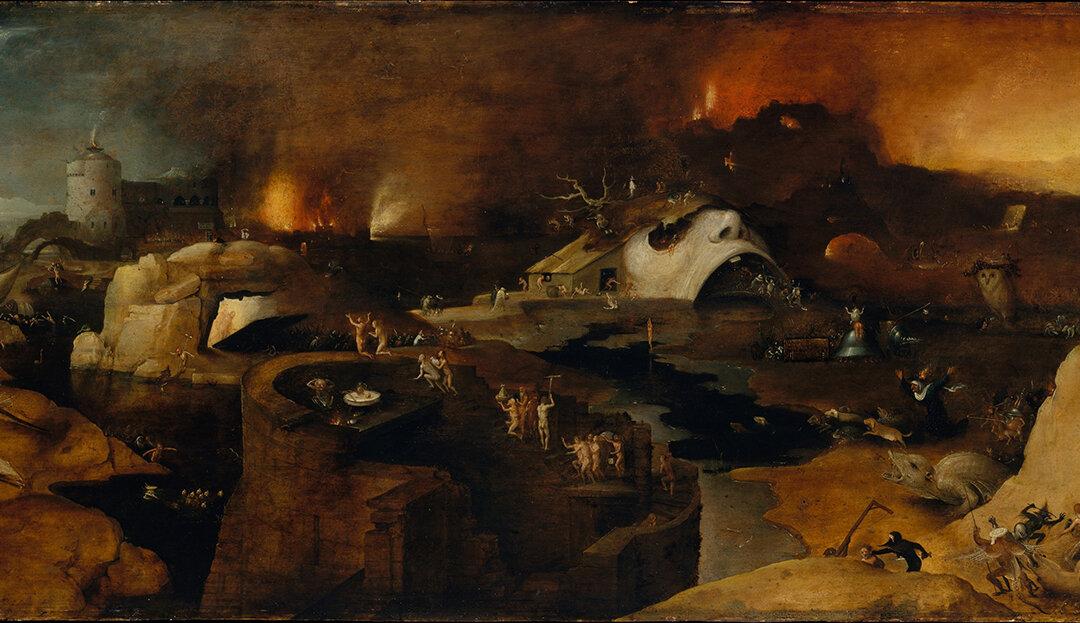Does hell really exist? Jordan B. Peterson in a recent address to Hillsdale College said that “if you don’t believe in hell, then you haven’t thought about it enough!”
I am reminded of that wonderful moment in Christopher Marlowe’s play “Doctor Faustus” where Faustus asks Mephistopheles why, since he is a devil, he isn’t in hell.






